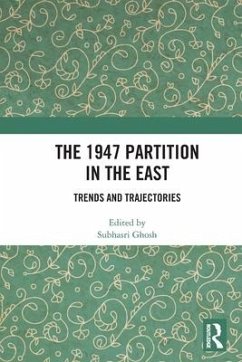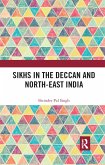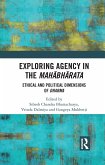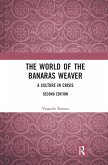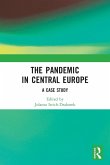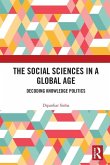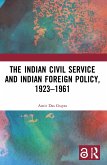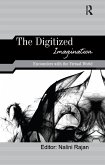This book explores the experiences of people affected by the Partition of British India and princely states in 1947 through first-person accounts, memoirs, archival material, literature, and cinema. It focuses on the displacement, violence and trauma of the people affected and interrogates the interrelationships between nationalism, temporality, religion, and citizenship. The authors examine the mass migrations triggered by the 1947 Partition, amidst nationalist posturing, religious violence, and debates on crucial issues of refugee rehabilitation and redistribution of land and resources. It focuses on the drawing of the borders and the ruptures in the socio-cultural bonds within regions and communities brought on by demographic changes, violence, and displacement. The volume reflects on the significant mark left by the event on the socio-political sensibilities of various communities, and the questions of identity and citizenship. It also studies the effects of Partition on the politics of Bangladesh and India's east and northeast states, specifically Bengal, Assam and Tripura. A significant addition to the existing corpus on Partition historiography, this book will be of interest to modern Indian history, partition studies, border studies, sociology, refugee and migration studies, cultural studies, literature, post-colonial studies and South Asian studies, particularly those concerned with Bengal, Northeast India and Bangladesh.
Hinweis: Dieser Artikel kann nur an eine deutsche Lieferadresse ausgeliefert werden.
Hinweis: Dieser Artikel kann nur an eine deutsche Lieferadresse ausgeliefert werden.

